ARTICLE AD BOX
14 minutes ago
By Vitaly Shevchenko, BBC Monitoring

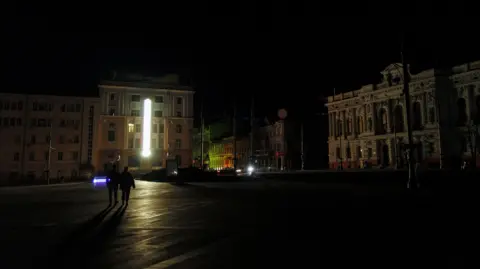 EPA
EPA
Extended blackouts are becoming increasingly common in Ukraine, as Russia targets its power grids
Power supply is a matter of life and death for Tetiana's son.
He was born with disabilities, and needs electricity-powered equipment to be able to breathe, to eat, and to receive medication.
"We are very dependent on electricity. If it wasn't for this bloody war, life would be difficult, but we'd be able to cope,” Tetiana tells the BBC.
Ukrainians are learning to live with extended blackouts as Russia continues to pummel its energy facilities across the country.
Persistent Russian air strikes mean even previously unaffected parts of Ukraine have to go without electricity for hours on end, practically every day.
Tetiana, who lives in the southern port city of Odesa, says that the endless power cuts make life extremely difficult because she needs to make sure the supply of electricity is constant.
She has a generator which runs on petrol and needs to be topped up all the time, but it has to be stopped every six hours to cool down.
Power cuts also affect mobile phone coverage, so getting through to the ambulance service for her son can be a struggle too.
"Sometimes it takes half an hour, sometimes it's an hour before the ambulance arrives when my child goes into convulsions and turns blue,” she says. “My son can die if he doesn't get oxygen. I'm lost for words.”
Recent blackouts have lasted as long as 12 hours a day in Tetiana's neighbourhood.

 Tetiana
Tetiana
Tetiana's son needs electricity-powered equipment to be able to breathe, to be fed and to receive medication
For millions of Ukrainians, the absence of power can mean no running water, air conditioning, lifts or access to life-saving equipment.
Over the past three months alone, Ukraine has lost nine gigawatts of generating capacity, the national energy company Ukrenergo says. This is more than a third of the capacity Ukraine had before the full-scale invasion in February 2022. It is enough to power the whole of the Netherlands during peak hours of consumption – or Slovakia, Lavtia, Lithuania and Estonia combined, Ukrenergo says.
"All state-owned thermal power plants are destroyed. All hydropower plants in our country are damaged by Russian missiles or drones," Ukrenergo spokeswoman Maria Tsaturian tells the BBC.
The lack of generated electricity is made worse by rising temperatures in the summer, when Ukrainians turn on power-hungry air conditioning systems.
To cope with the shortfall, Ukrenergo has had to implement a policy of sweeping power cuts across the country, which last for many hours a day every day.
As a result, millions of Ukrainians have become increasingly reliant on fuel-powered generators or big power banks.

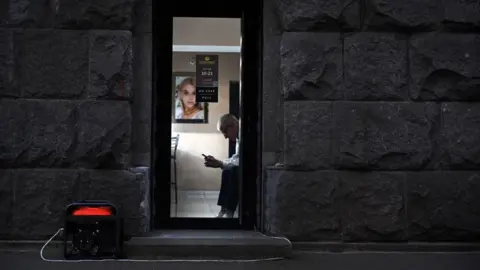 Getty Images
Getty Images
Generators are an increasingly common sight in Ukraine
The Ukrainian capital, Kyiv, has been experiencing lengthy power cuts.
Roksolana was elected by residents of her 24-storey apartment block to help run the building's facilities.
She says living in tower blocks is not easy because power cuts also mean no running water on the upper floors.
“The lifts are not working either, so mothers with children and disabled people have to wait. They plan their trips outside depending on when there is electricity,” she adds. “They've got to stay indoors for six hours on end, our elderly ladies can't pop out to the shops to get their bread."
Such residents in tall buildings are stuck inside their sweltering apartments because air conditioning isn't working.
They are also more exposed to Russian air strikes because they are unable to go to the safety of the bomb shelters, which are typically located underground.
In Zaporizhzhia, dentist Volodymyr Stefaniv says appointments have to be rescheduled at the last moment, and there've been occasions when electricity disappeared during complicated surgery.
"If this happens, we start our generators so we can finish what we have started. There's no other way - we can't tell the patient to come back tomorrow," he says. "Literally a couple of weeks ago power cuts became particularly frequent. Of course they're very disruptive."

 Volodymyr Stefaniv
Volodymyr Stefaniv
Dentist Volodymyr Stefaniv has to deal with power cuts during surgery
To perform urgent or less complicated operations during blackouts, Mr Stefaniv uses a head torch. This is a skill he acquired and perfected while treating soldiers on the front line, and his firm still provides free or heavily discounted services for members of the Ukrainian army.
"I can treat toothache or swelling without electricity. We've learnt to perform surgery without electricity," he says.
Maria Tsaturian from Ukrenergo is aware that a lot of anger is directed at her company for cutting electricity so often, for so long and for so many customers. But, she says, there's no other option.
"We are at war. The energy sector is one of the goals for the Russian terrorists. And it's obvious why: all our life, all our civilization, is built on electricity. You just have to destroy your enemy's power grid, and they will have no economy, and they will have no life,” she says.
“This is the price we pay for freedom."

 6 months ago
31
6 months ago
31
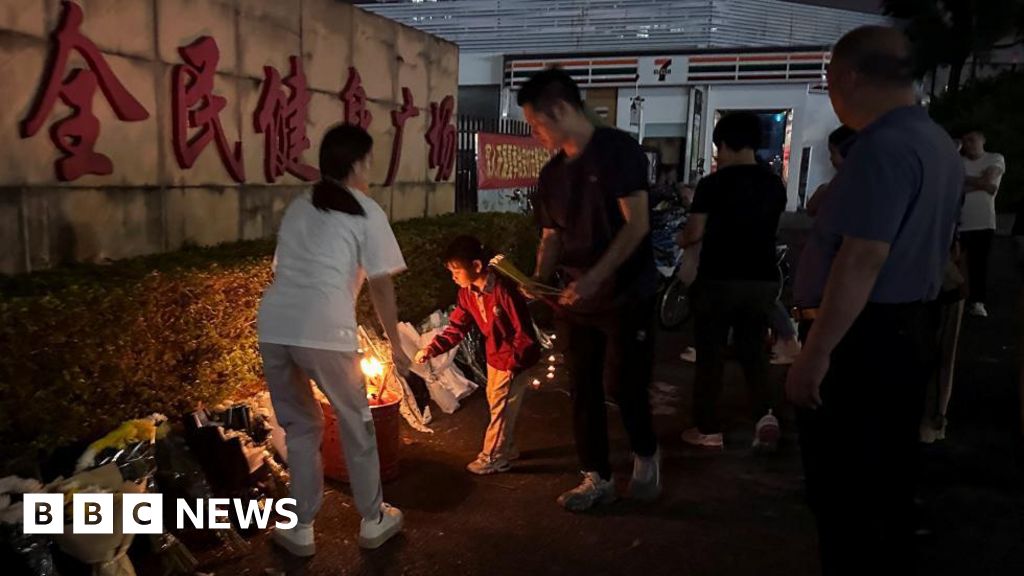
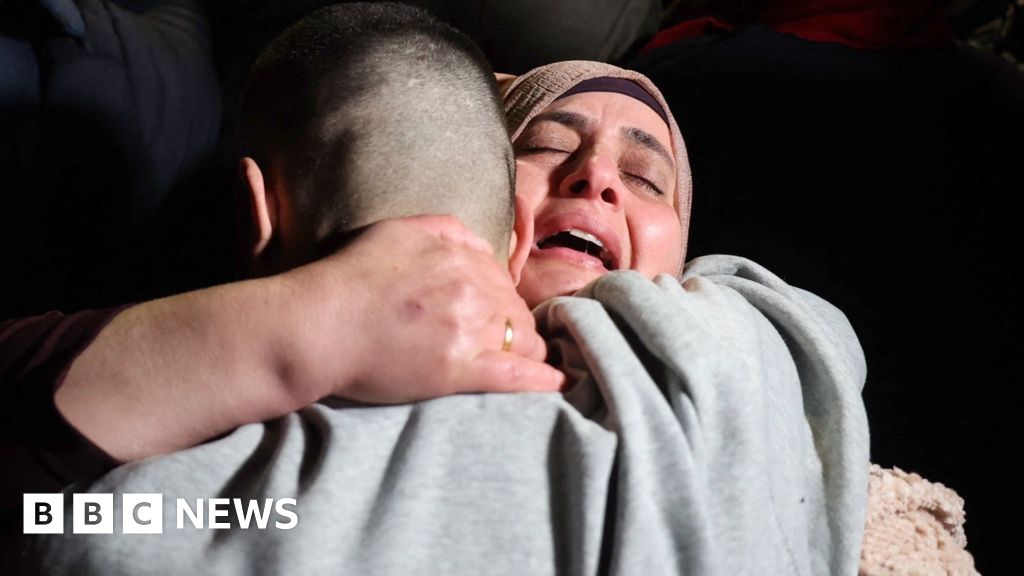
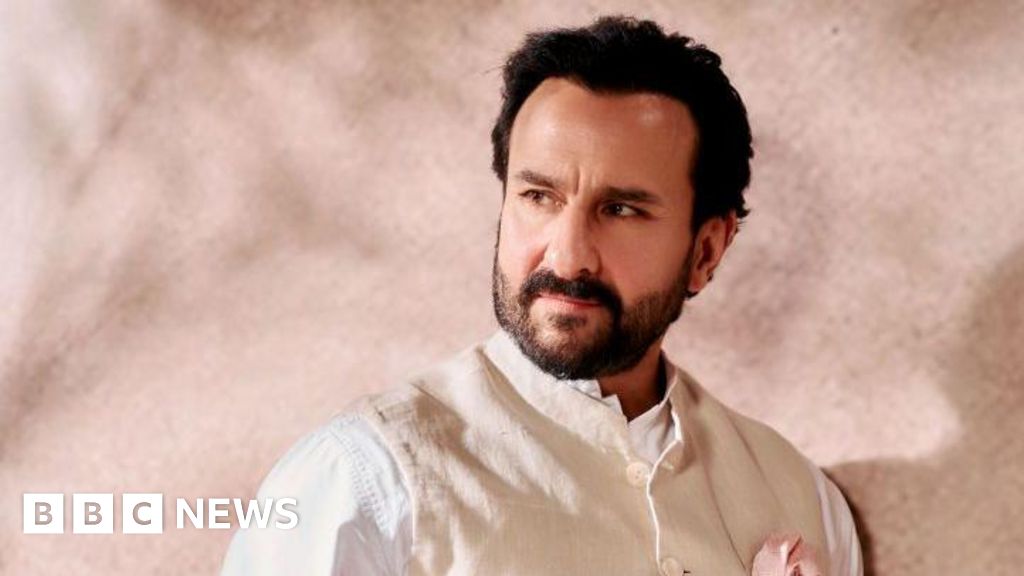





 English (US) ·
English (US) ·